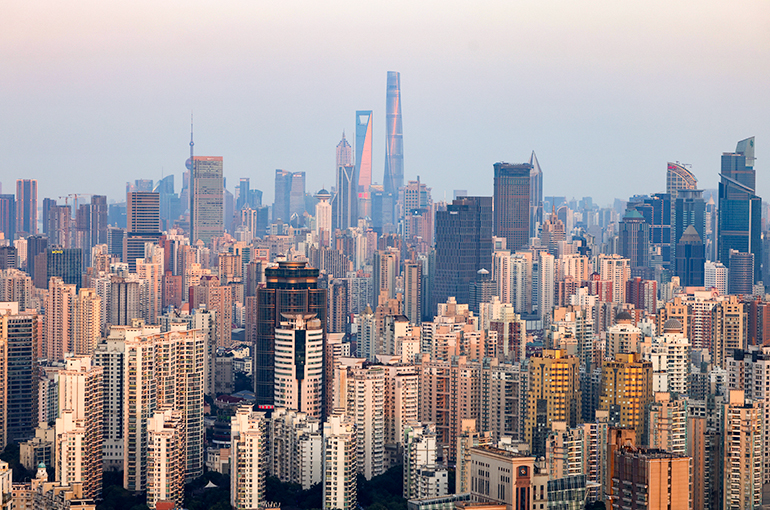
Shanghai has lifted restrictions on the number of homes that eligible residents can buy in suburban areas, following a similar move by Beijing earlier this month in an effort to stimulate housing demand.
Starting tomorrow, Shanghai residents with local household registration, or "hukou," as well as non-locals who have paid personal income tax or contributed to social security for at least one year, can purchase an unlimited number of homes outside the Outer Ring Road, according to a notice issued today by the municipal housing authority.
Hukou is China’s household registration system that determines access to local public services such as education and healthcare.
With this policy shift, only the central districts of Beijing and Shanghai, as well as the city of Shenzhen, still impose purchase limits, as other Chinese cities have gradually lifted such curbs since 2022. Previously, Shanghai families with local hukou were allowed to buy up to two homes, while single hukou holders and qualifying non-locals were limited to one.
The new policy also increases loan support for homebuyers. Residents can now apply for a housing provident fund loan of up to CNY1.8 million (USD251,125), up from CNY1.6 million, when purchasing eco-friendly new homes. For a second property, the loan cap has been raised to CNY1.5 million from CNY1.3 million. Families with multiple children may qualify for even larger loans.
Beijing introduced similar measures on Aug. 8, scrapping limits on home purchases beyond the Fifth Ring Road. Both the Fifth Ring Road in Beijing and the Outer Ring Road in Shanghai mark the boundaries between urban and suburban zones.
Policy easing has begun to show results in the eastern megacity. In the first half of this year, the combined transaction area of new and secondhand homes in Shanghai reached 13.1 million square meters, the highest since 2022 and a 17 percent increase from a year earlier, according to data from the local housing administration.
In the first seven months, the average price of new homes in Shanghai rose nearly 6 percent year-on-year, the fastest among 70 major cities, based on figures from the National Bureau of Statistics. However, the average price of secondhand homes weakened by over 1 percent amid lingering buyer caution.

